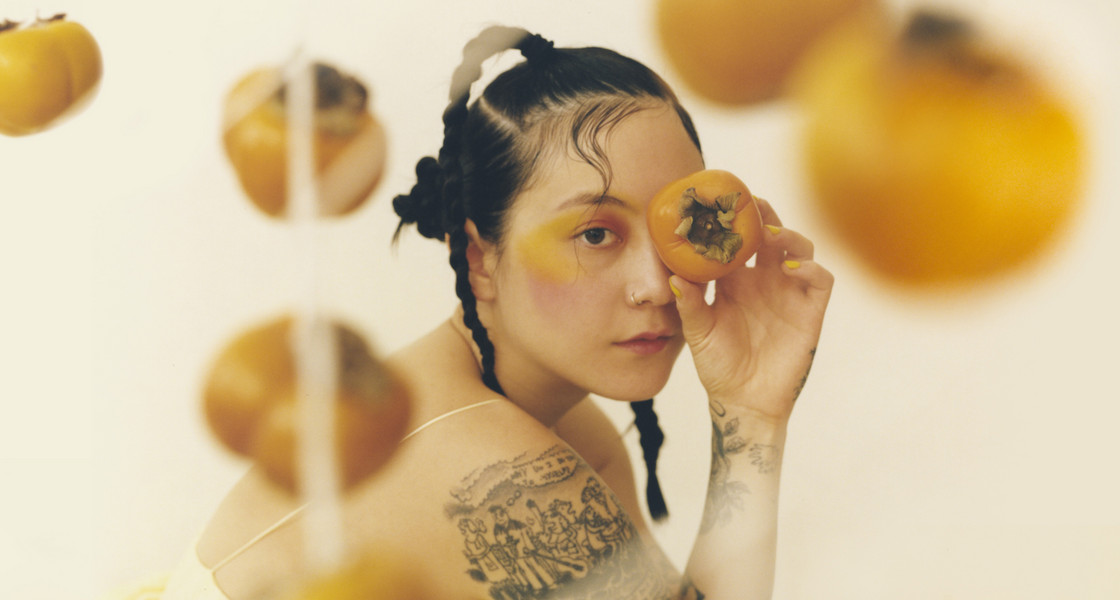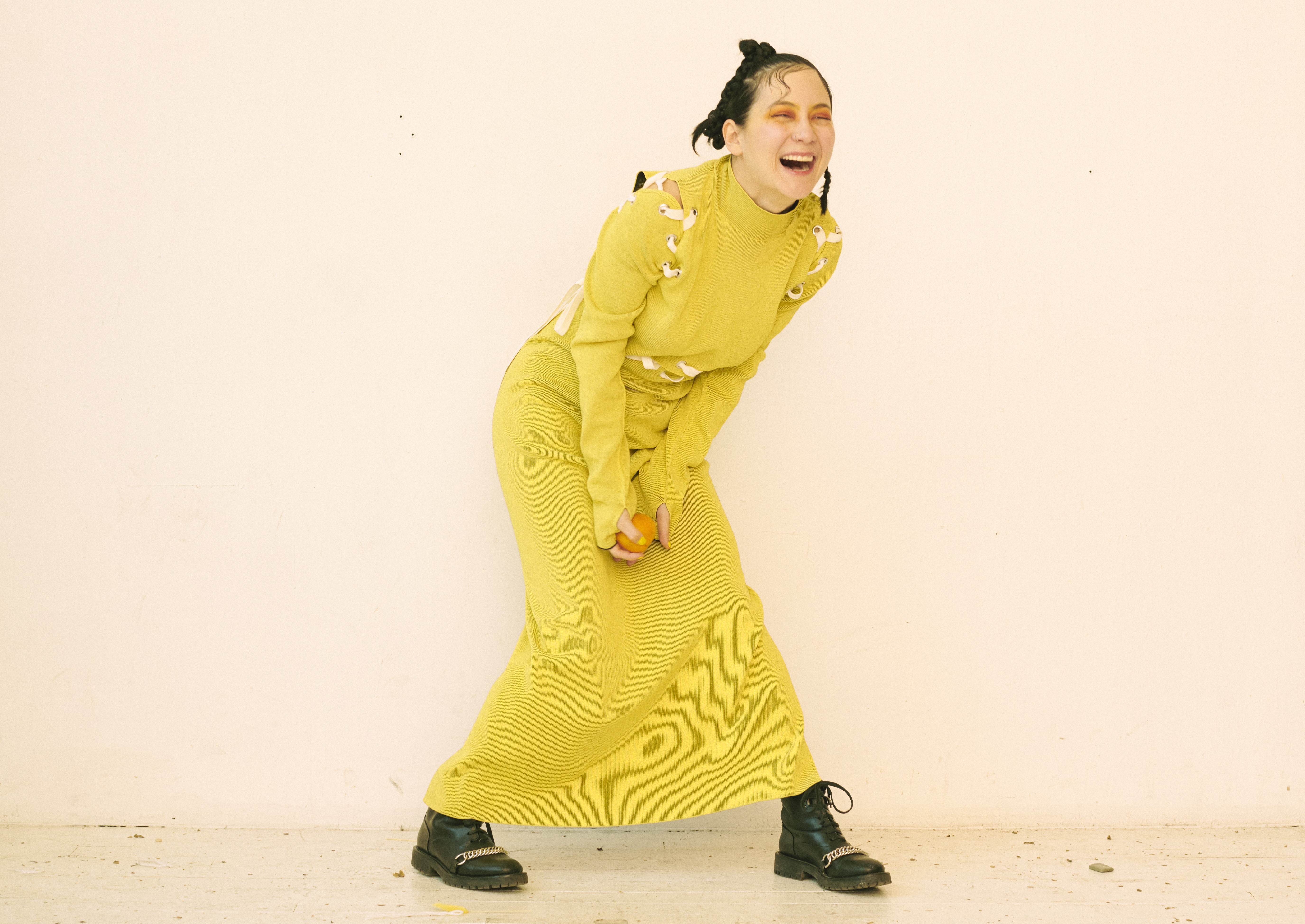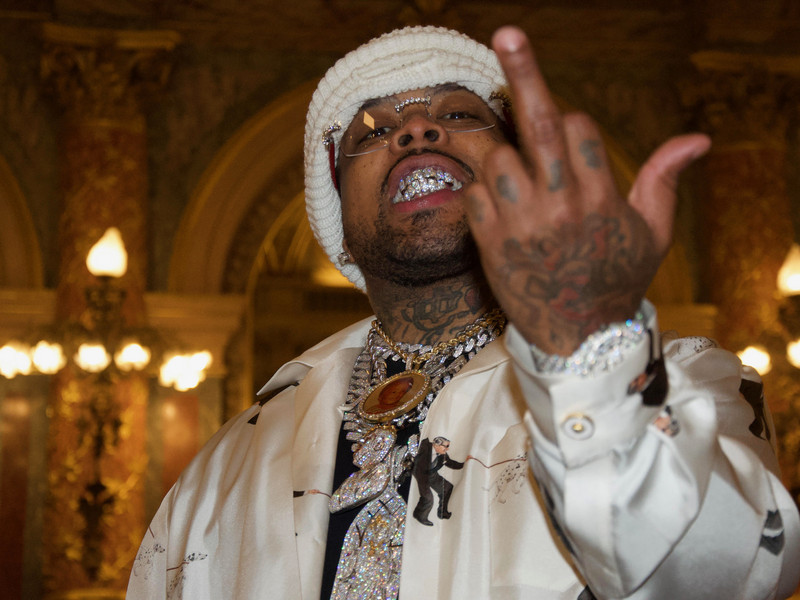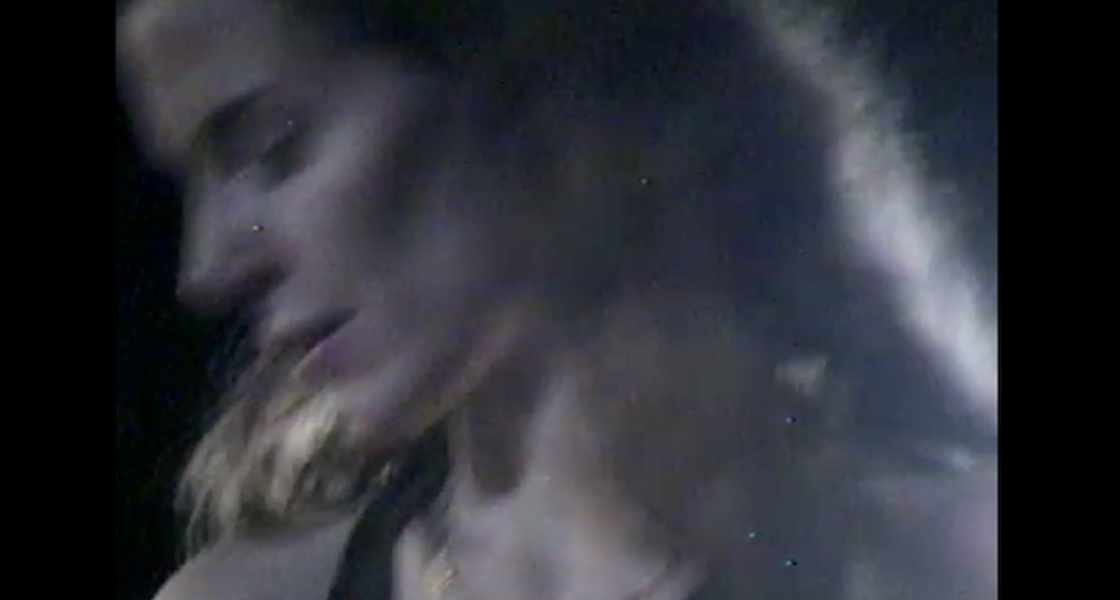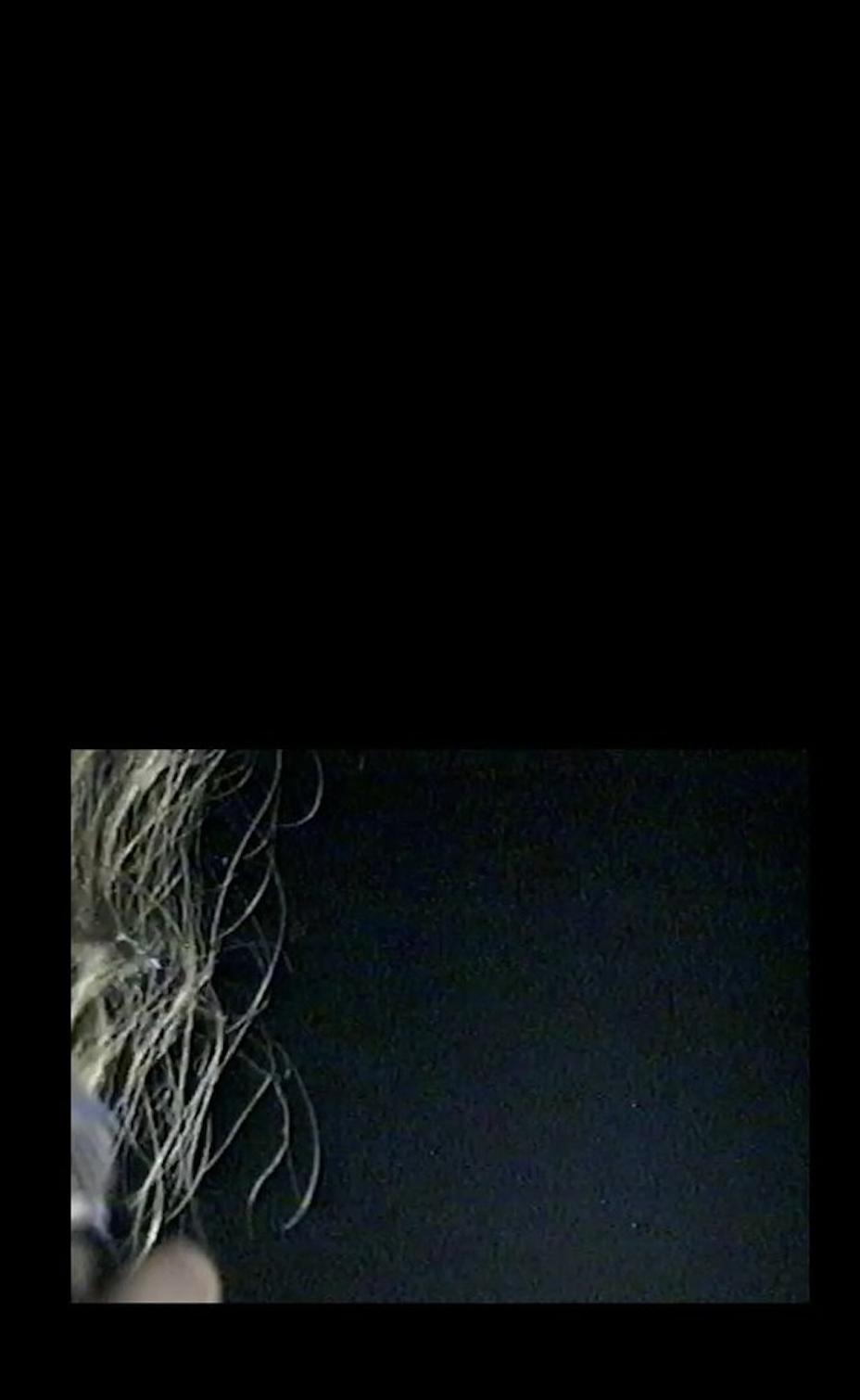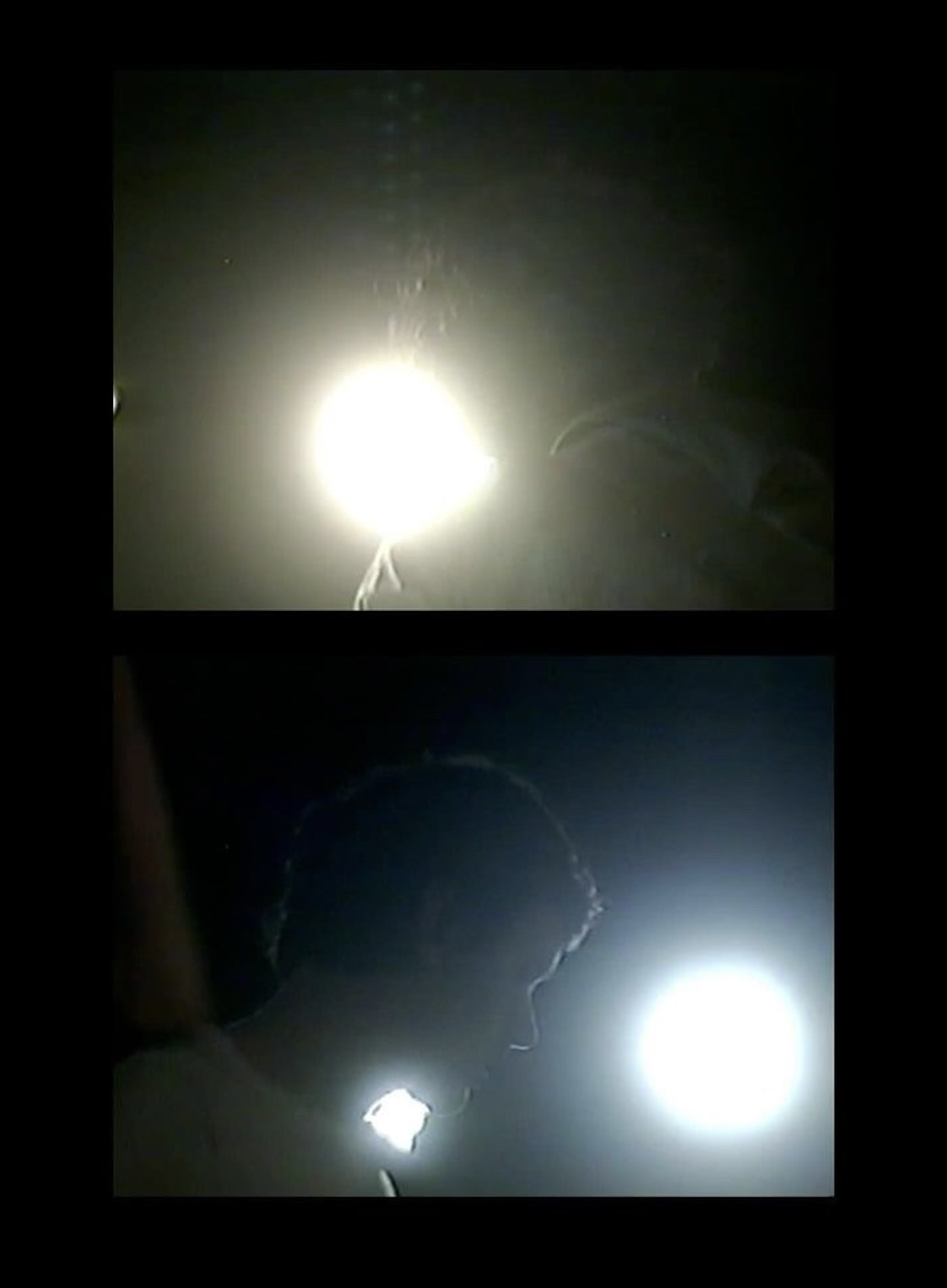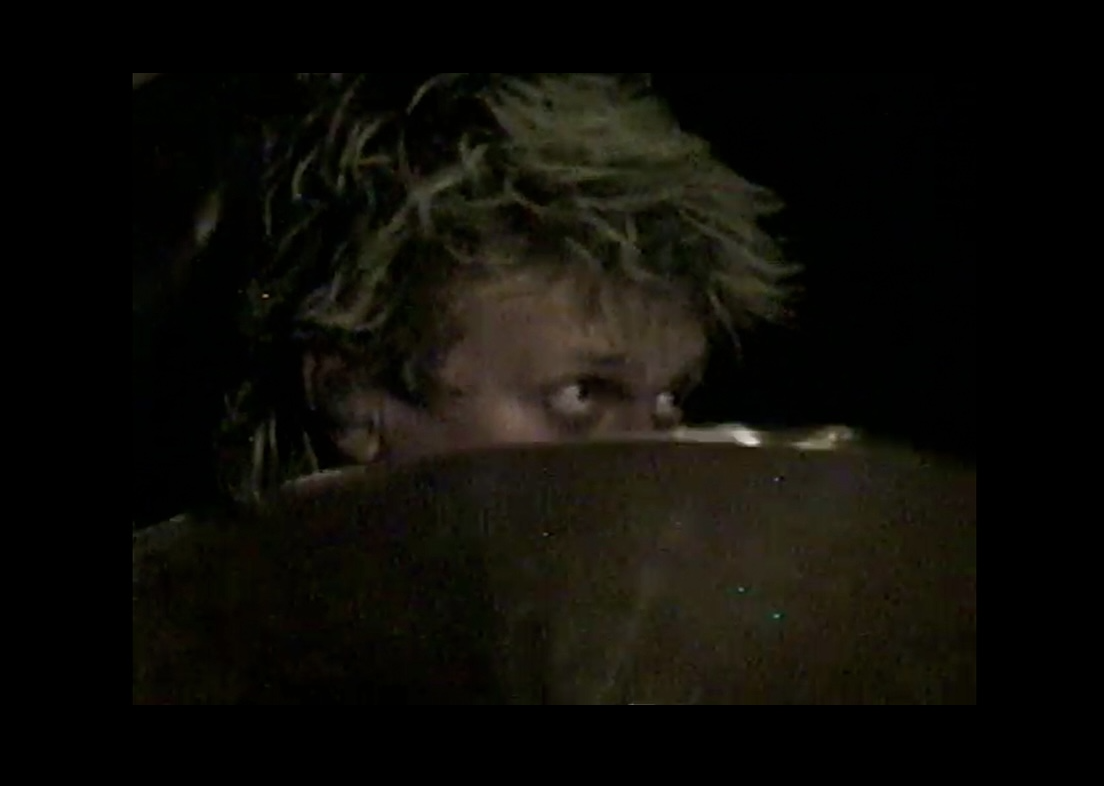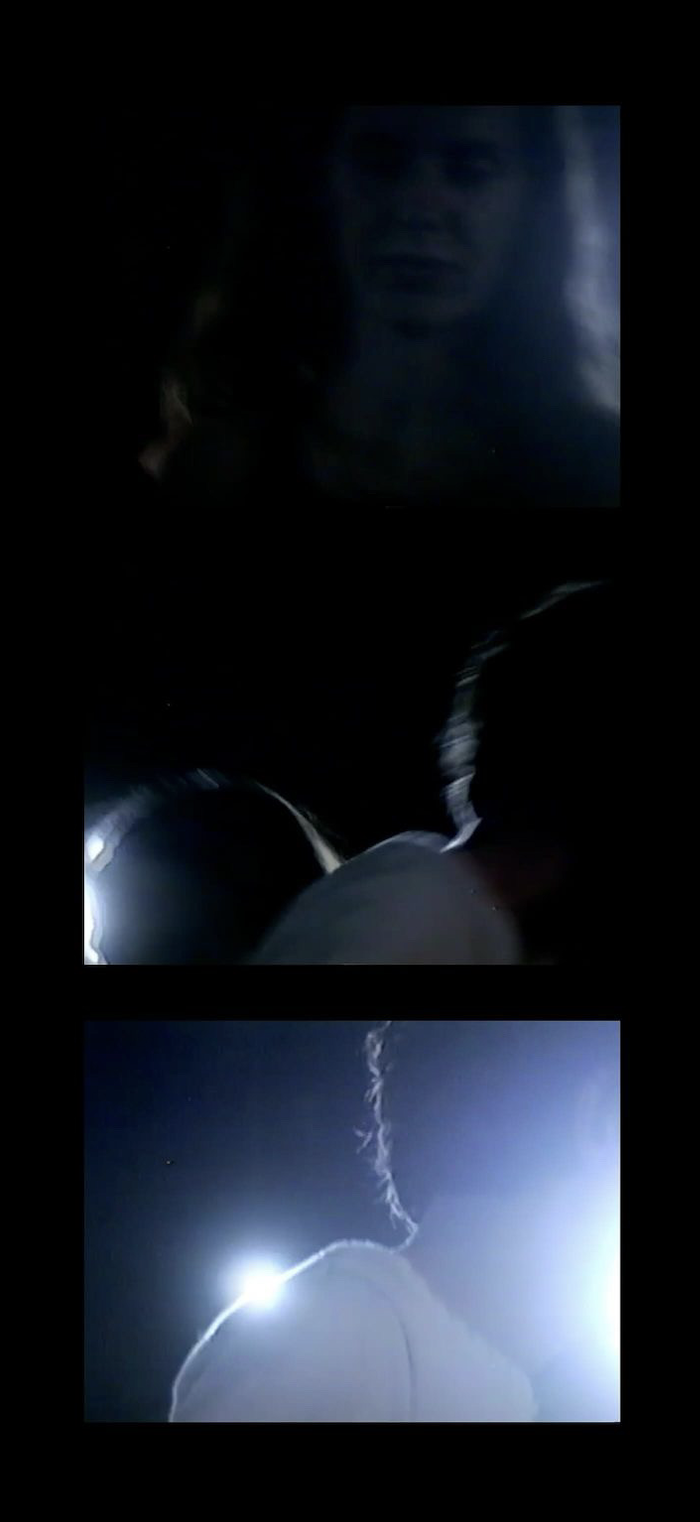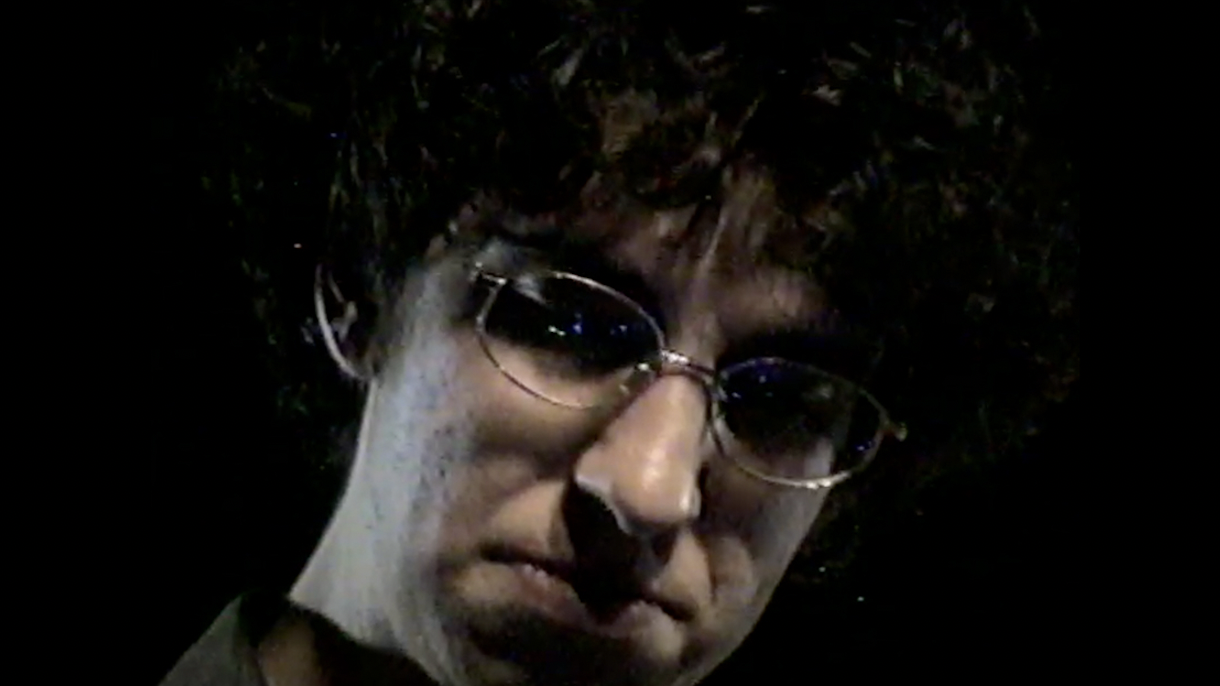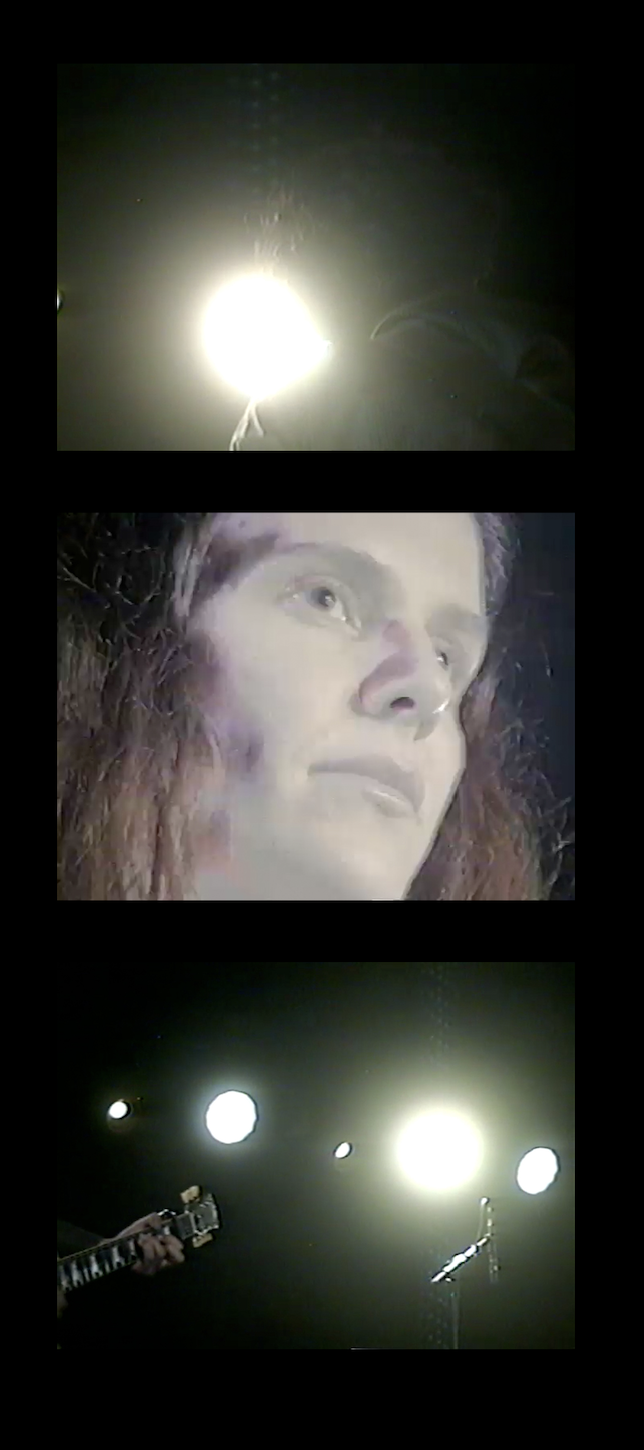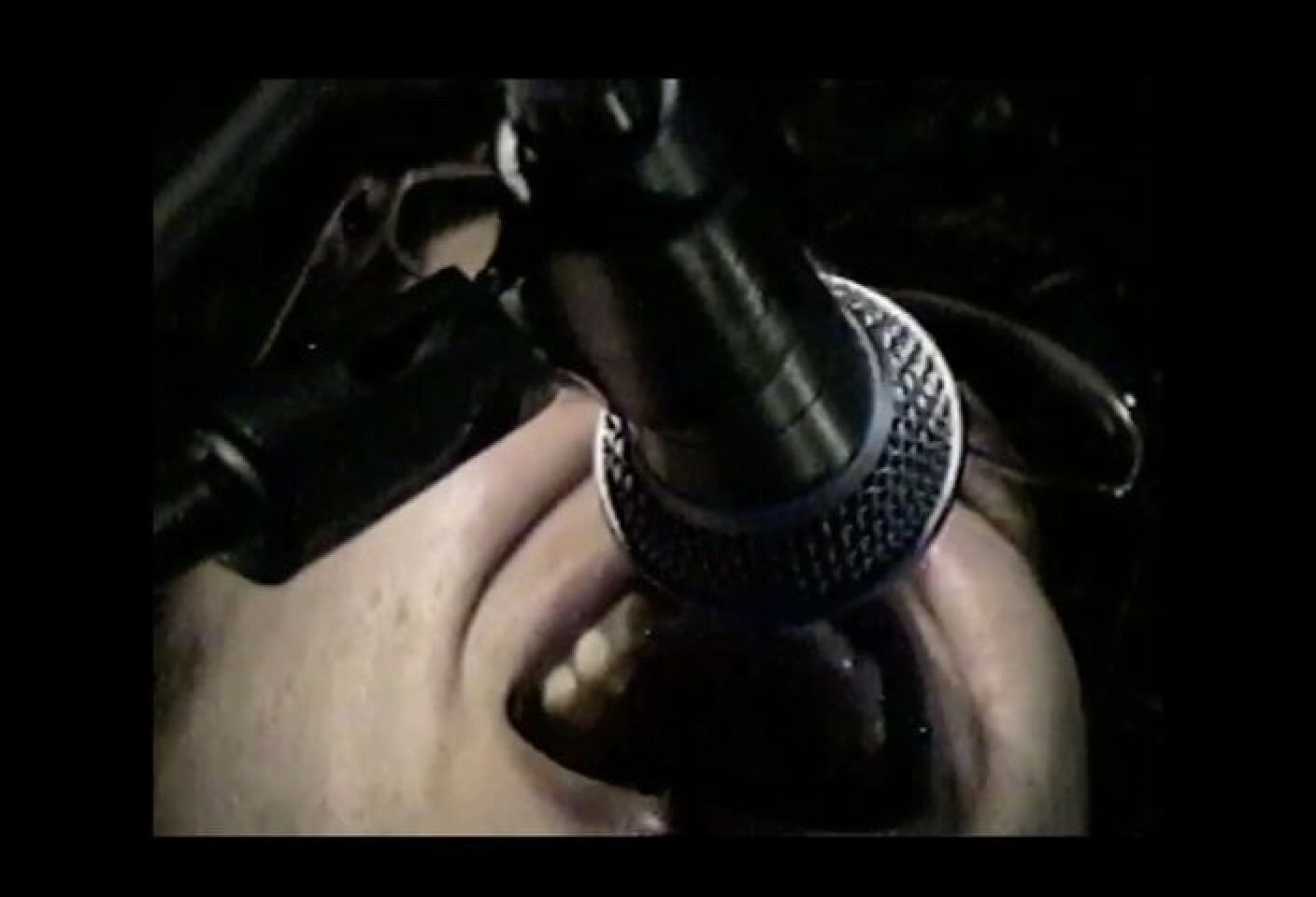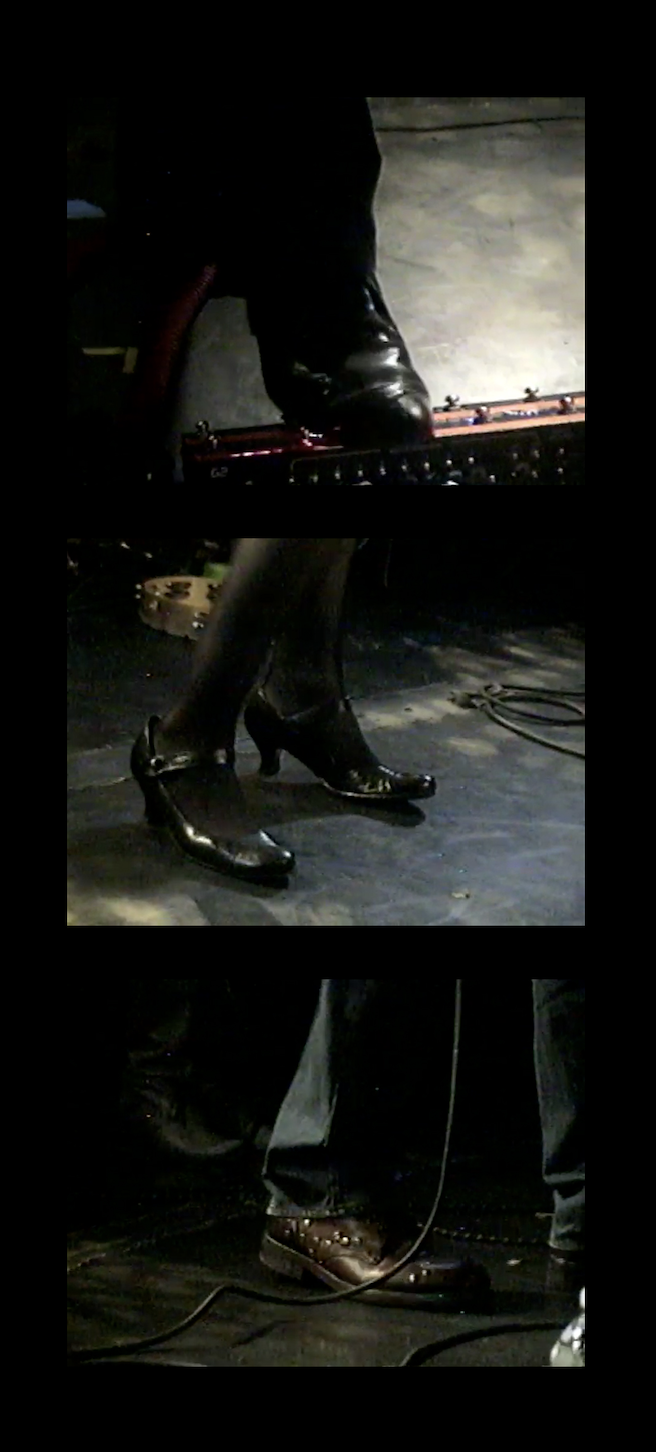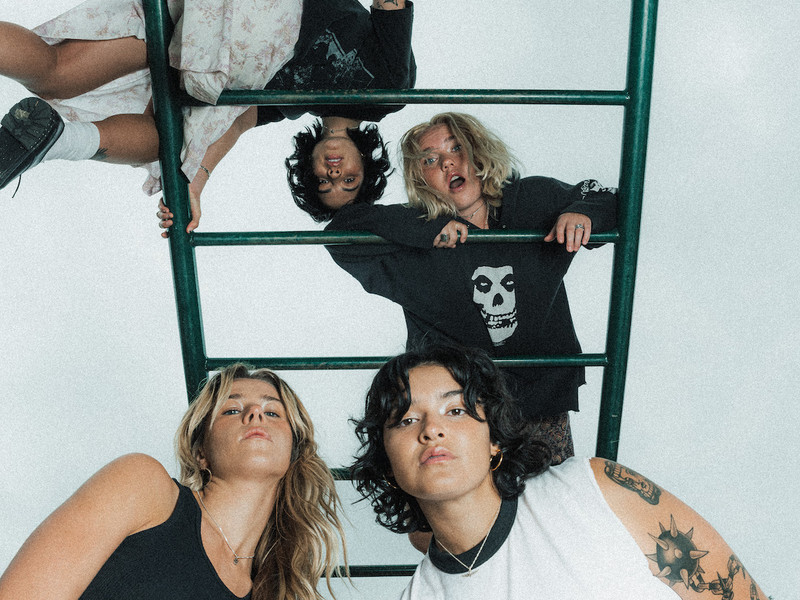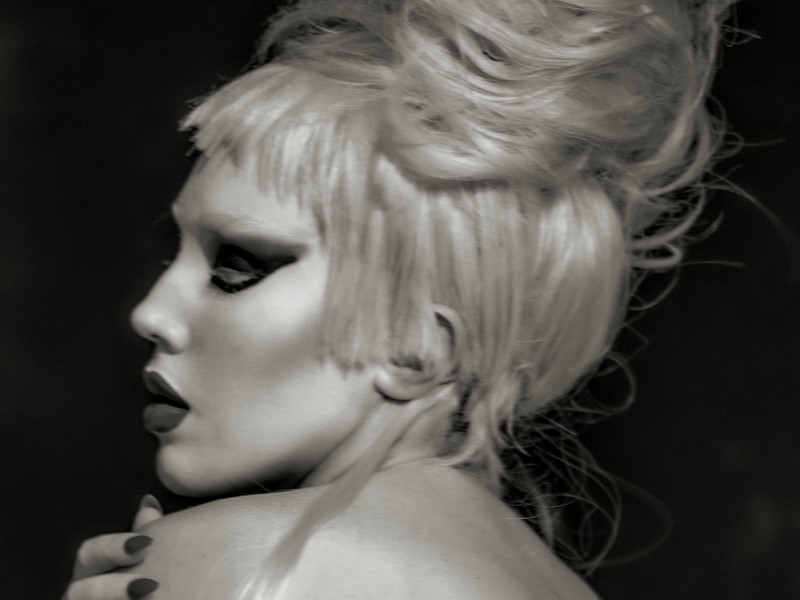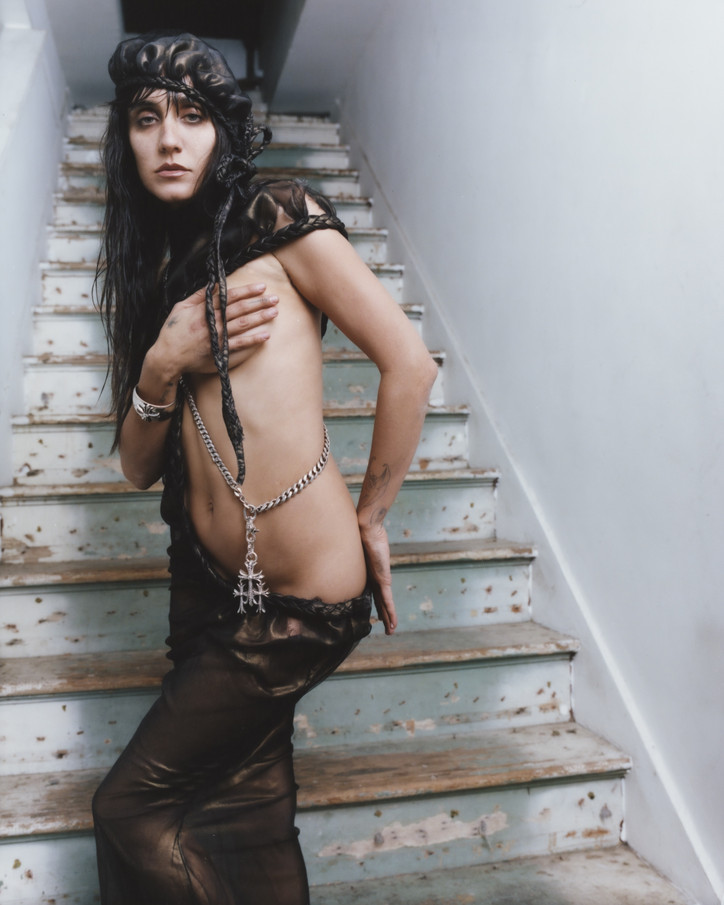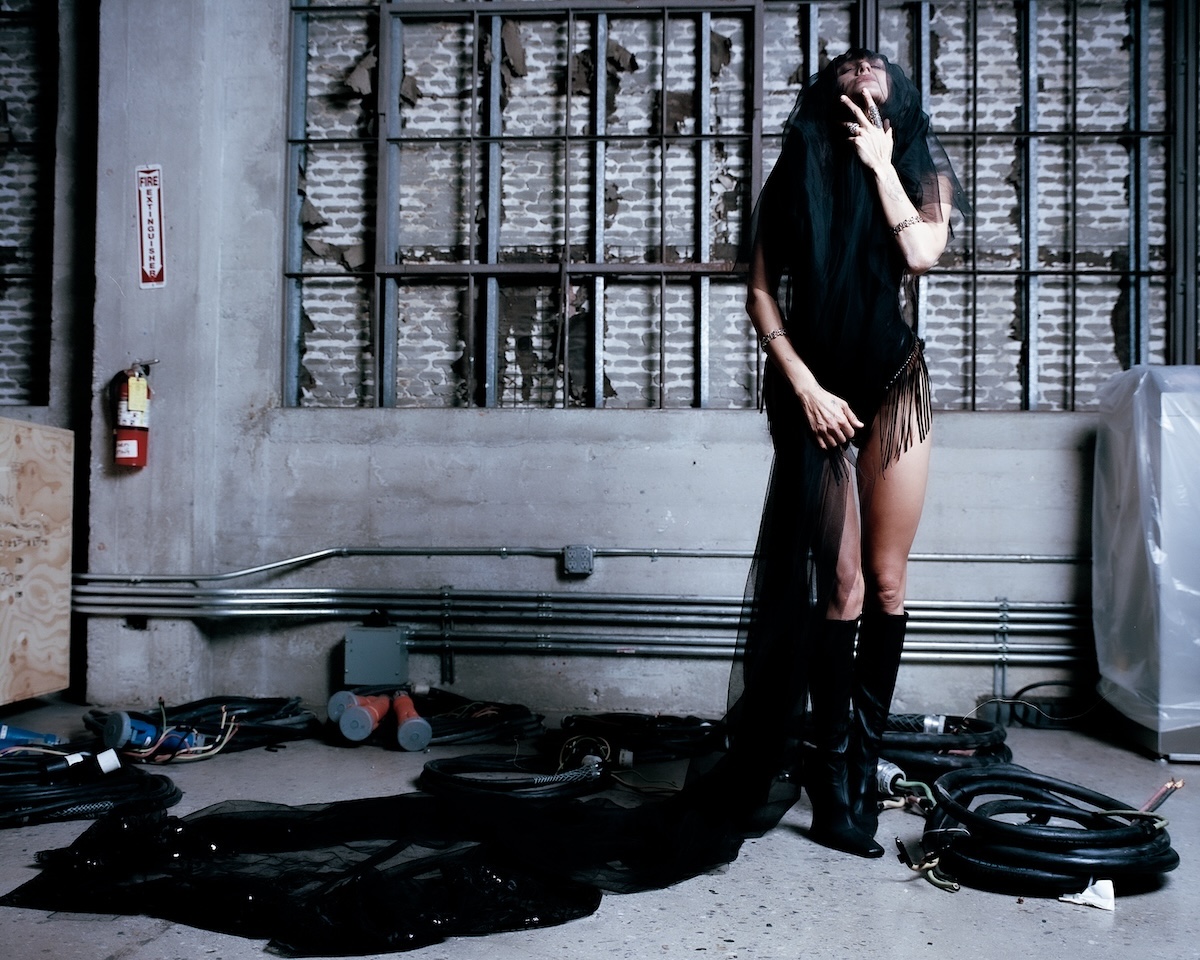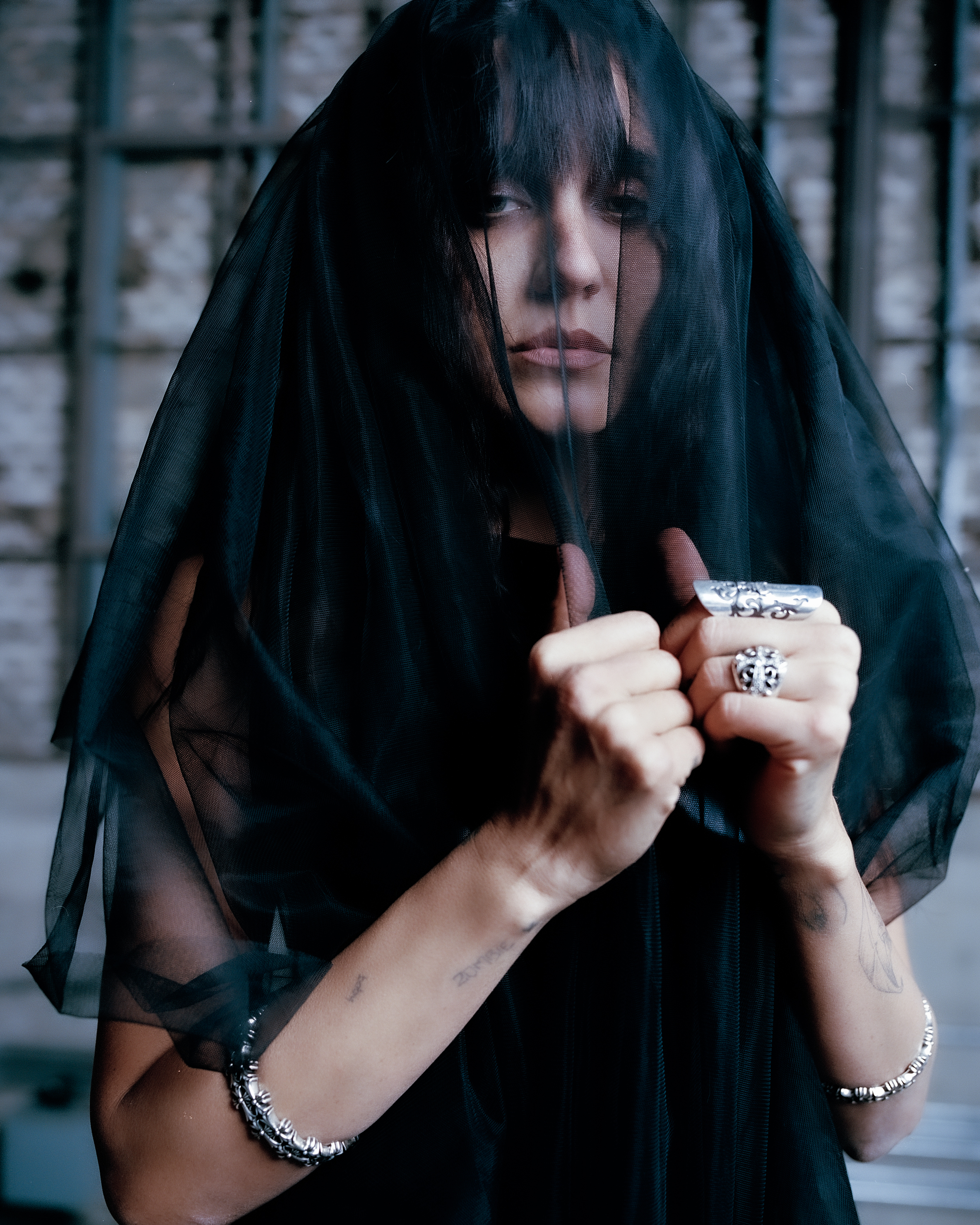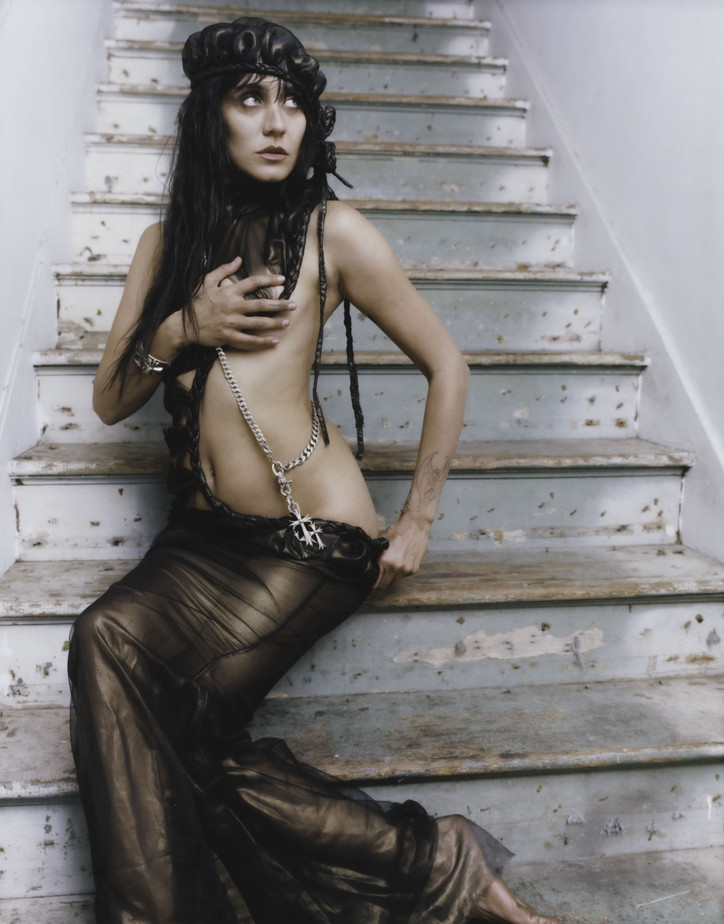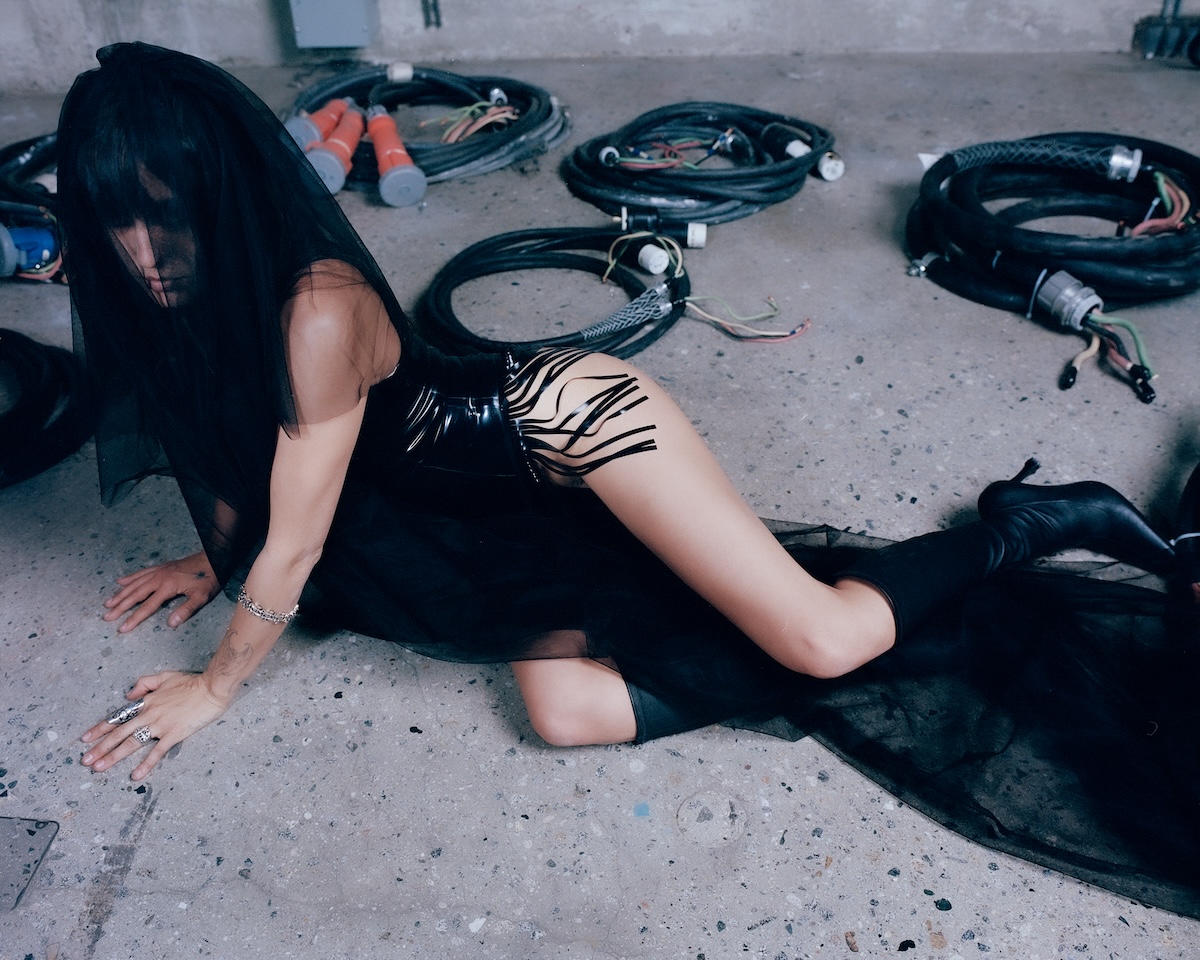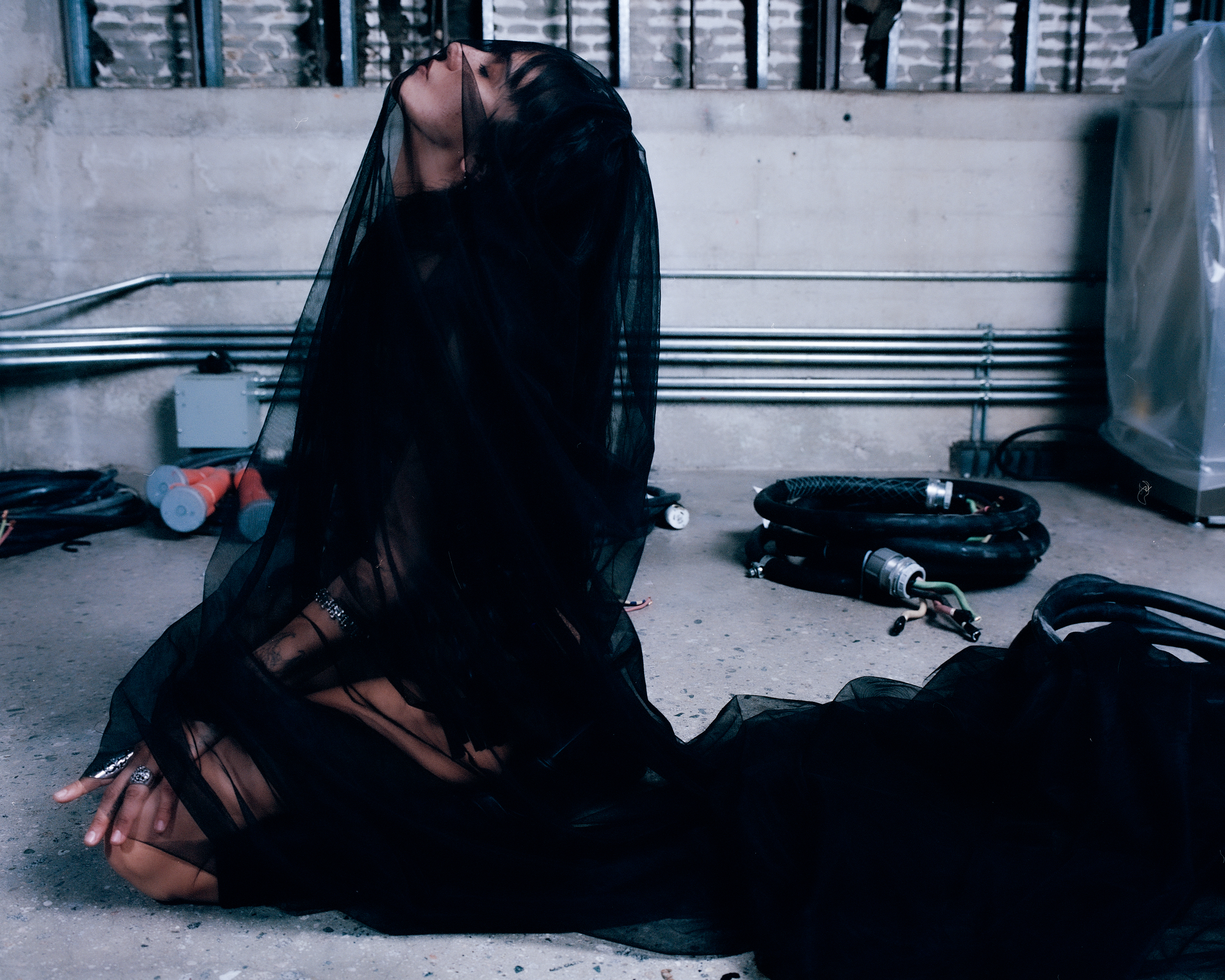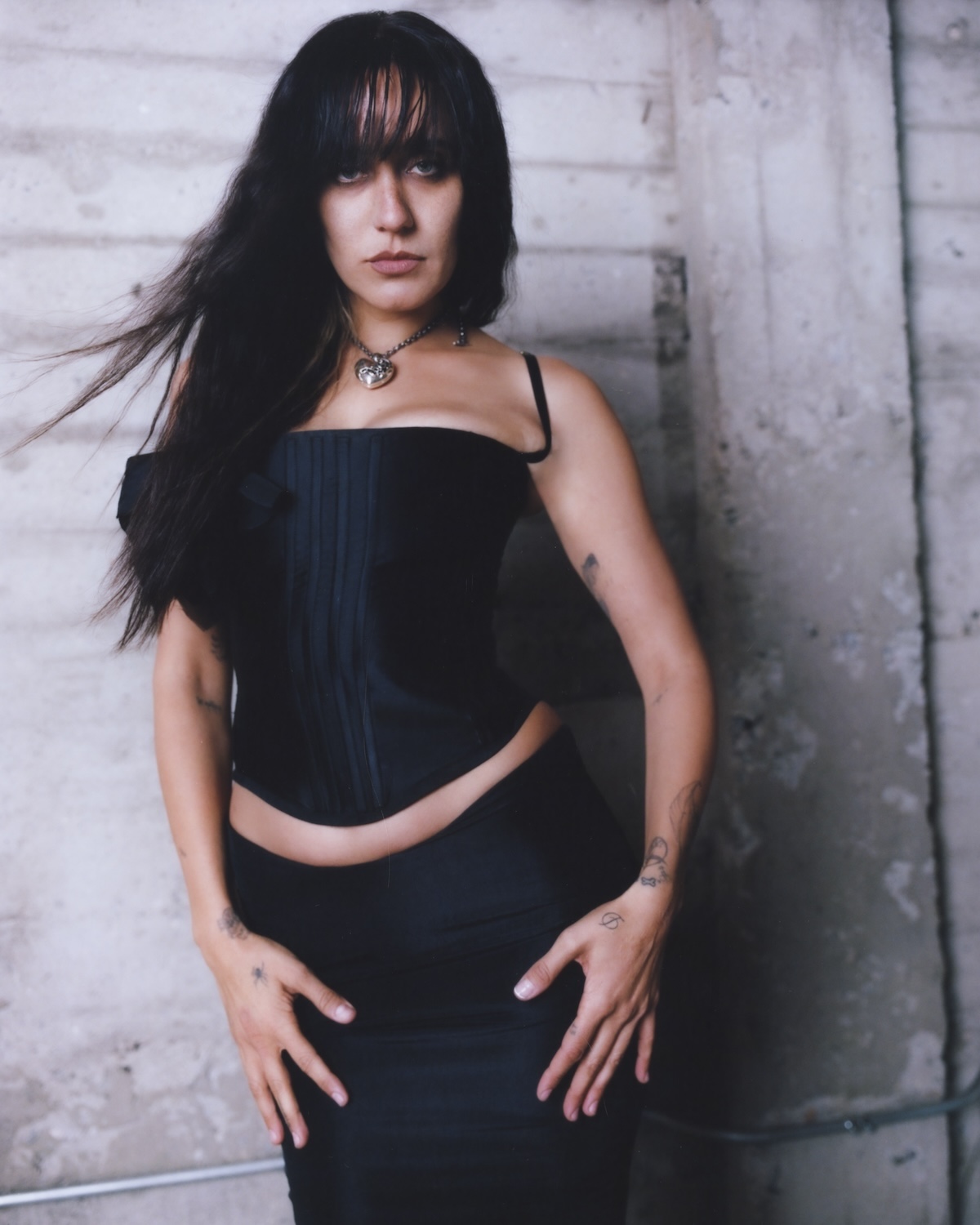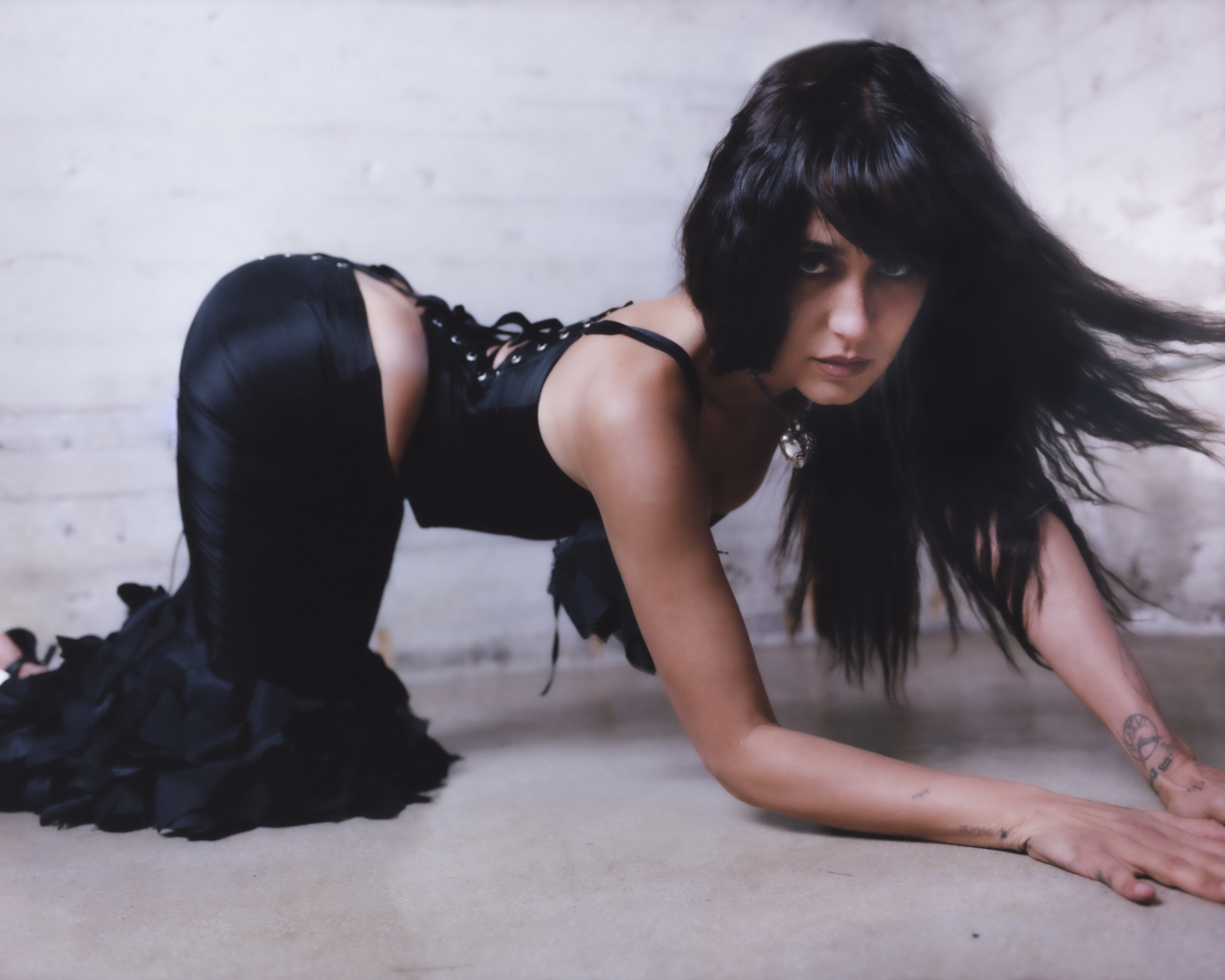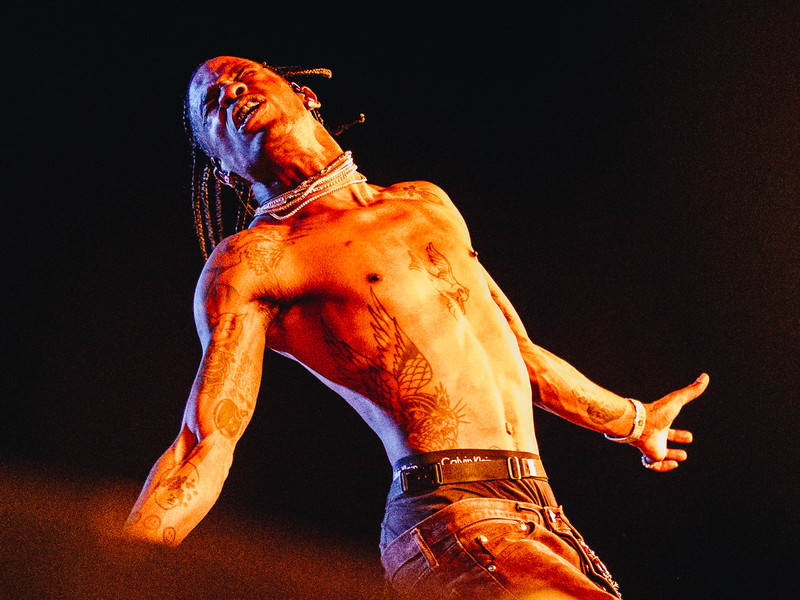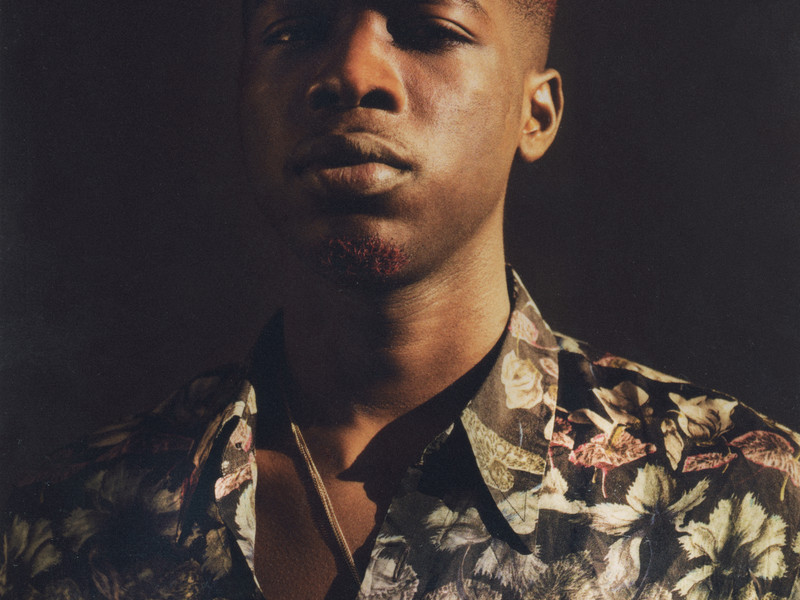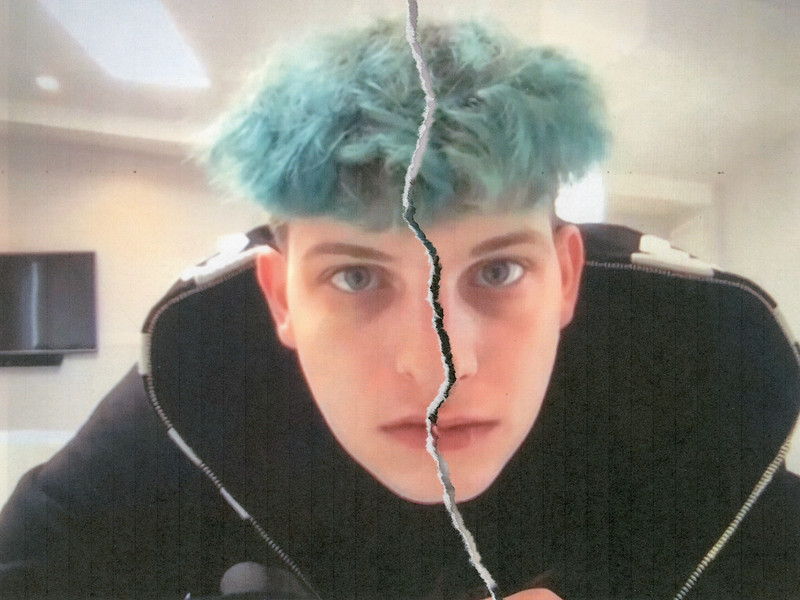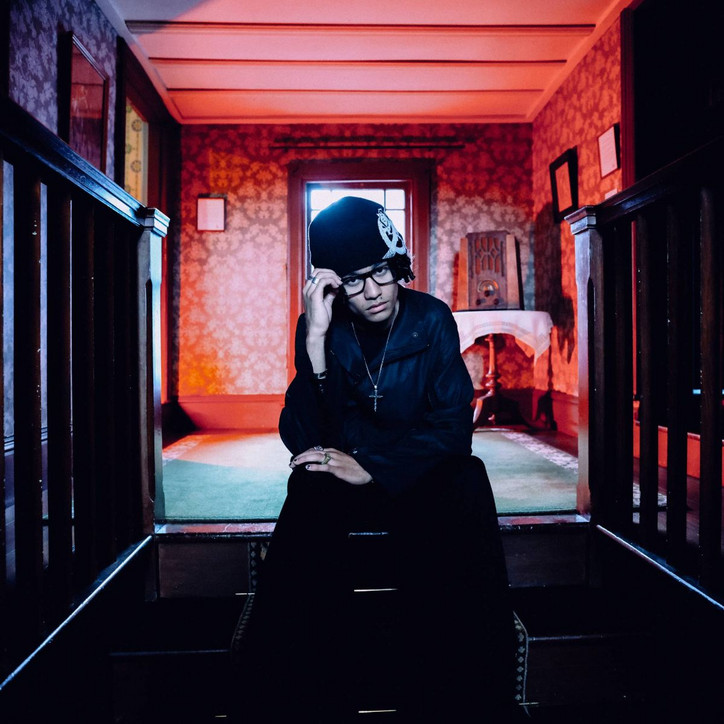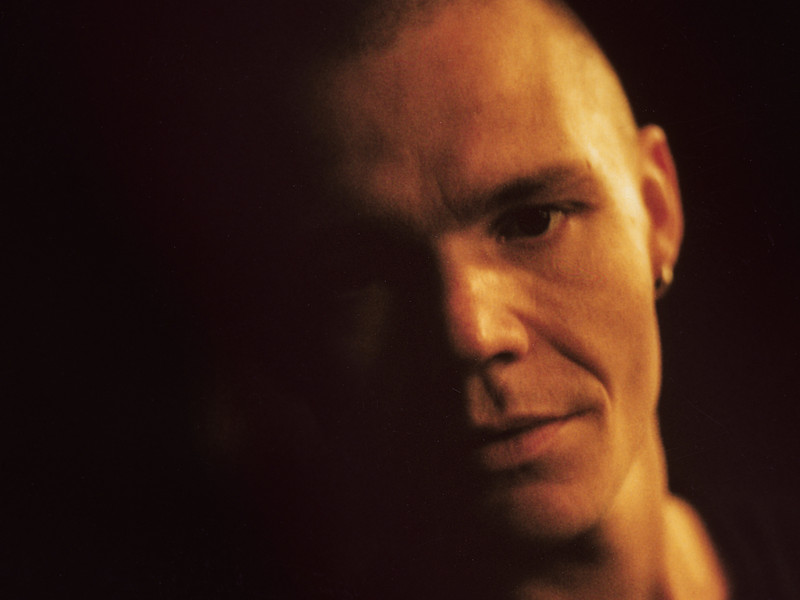Evolve with Japanese Breakfast
Zauner seems to be starting anew after about four years since the beloved band’s last album, Soft Sounds from Another Planet. The 2017 release is a project woven intrinsically with anguish, loss, and the explorative musings of a young person in pain, trying to figure out what to make of it. The girl singing in Jubilee is more sure of herself, more confident in her voice and her power.
Japanese Breakfast has grown, though the music is still unwaveringly honest and vulnerable. Their songs still allow you to insert yourself into them, relating and feeling the hopefulness and resilience.
It’s been a few years since your last album release- how has the creative process for Jubilee been different from your last?
The last record, I was a bit petrified by the sophomore slump, and my way of combating that feeling was to have a really insular studio environment. So it was just Craig Hendrix and I in his studio in Philadelphia arranging and producing the songs together. I think for Jubilee, I wanted to expand that sonic palette and bring in new collaborators and larger instrumentation and spend more time on the preproduction process on my own before bringing it into the studio. So I think it’s a more ambitious record in some ways because of those reasons.
What is your pre production process like?
Well, it’s starting to arrange the songs and demo them out before going into the studio. So, for instance, Paprika had a pretty fully realized arrangement. I had recorded all of the strings, the horns, and the drums, basically the entire instrumentation on the computer, and then I brought it into the studio to kind of recreate that with analog instruments. There were a couple more songs that were a little more fully realized than with Soft Sounds from Another Planet, which started largely as just guitar demos.
The songs on Jubilee are sonically a lot bigger and symphonic. What inspired this sonic shift?
I think that writing for those instruments became much less intimidating over the course of three years of touring and meeting musicians like Molly Gerber, who plays violin, and Adam Shatts, who plays saxophone, and having those players in your back pocket to utilize on your recordings. Chris Hendrix is a Berklee grad with a swiss army knife of a skill set, and gave me the confidence to write those types of arrangements with them and understand what they were adding to the music in a way that I maybe wasn’t prepared for on my previous releases.
Wow. Amazing. Thematically, what inspired this project, and how did you go about collecting songs for it? It has such an uplifting feel.
My narrative as an artist has been so rooted in the loss of my mother in 2014, and the last two albums and my book are all about grief and loss. I felt I had said everything I needed to say about that experience in the book, and it was time to write about something completely different. I thought the most surprising thing for me to do as an artist would be to write an album about joy. So that was my thought process.
That’s beautiful. If fans are to gather anything from Jubilee, what should it be?
I think that Jubilee is also about this fight for almost teenaged unabashed feeling. I just really want people to be carried away by intense emotion when interacting with this record, however that may be.
Where is the best place to listen to it, or doing what?
Actually, I have so many fond memories of listening to records on modes of transportation. On the subway platform or on a plane. I feel like it is such a transient place to experience art, and I don’t know why, but I’ve always had very vivid experiences with albums that way. I really enjoy hearing about people who have listened to the record on a subway or a train.
It’s a very introspective place to be. A lot of times you’re traveling alone. When you’re younger, you’re looking out the window, dramatizing everything.
Being your own protagonist. Yes, exactly. What is your favorite song on the album? I think it changes every time. I would say that “Kokomo, IN” has a soft spot in my heart because it unlocked something new for me compositionally. That song was exciting for me and now Jeff Tweedy has covered it, and that’s really special.
Wow, that’s incredible, I didn’t know that!
Yeah, it just happened a few days ago.
One thing that stands out about you is your vulnerability and your rawness in your lyrics. I’m the type of person that rests a lot on the lyrics; they’re often my favorite part about the music I like, and I really pay attention to them. That’s the thing that stands out the most to me. I was wondering if that’s ever difficult for you, being so vulnerable, or if it comes naturally.
Lyrically, there is so much that’s hidden in a way that is more laid bare in prose writing. I was probably more nervous about the book than I ever have been about the lyrics of songs because people misinterpret lyrics all the time. It’s not too scary. I’m in this interesting place now, where, for a long time ,music was just a way for me to work out what I was feeling or a complicated situation in my life. And now it's slowly becoming less about that, but for a long time a song didn’t feel important to me unless it exposed some part of my personal life or unpacked some part of my personal life. I think for the first time, that’s begun to change for me. I’m entering a new chapter, and the beginnings of that are maybe seen on Jubilee.
Speaking of your book, based on a 2018 essay - will you tell me a little bit about writing Crying in H Mart?
It was a long, almost five year process, but it was very rewarding and allowed me to explore part of my creativity that had been untapped.
Now that you’ve moved in a different direction artistically with Jubilee, did it feel like closure of some kind to go through all those feelings and then to write them all out in the book?
I realized after writing two albums about that experience, I still had so much left to say and unpack, and I think that was my way of doing that, certainly.
You postponed the release of your album. What was that like for you?
Oh, I mean, in retrospect, it was a really petty concern, you know? But, at the time, I was afraid and devastated, and it seemed like the most important thing in the world to be upset about. But in the grand scheme of things, it wasn’t such a big deal.
Well, I think it was a good choice because I think it’s been released at the perfect moment. The album feels like a light at the end of the tunnel, and I think that’s similar to how a lot of people are feeling right now. The past year and a half has been so troubling and difficult for everybody, so I think it worked out in your favor.
I think it did, too, I’m glad we waited.
